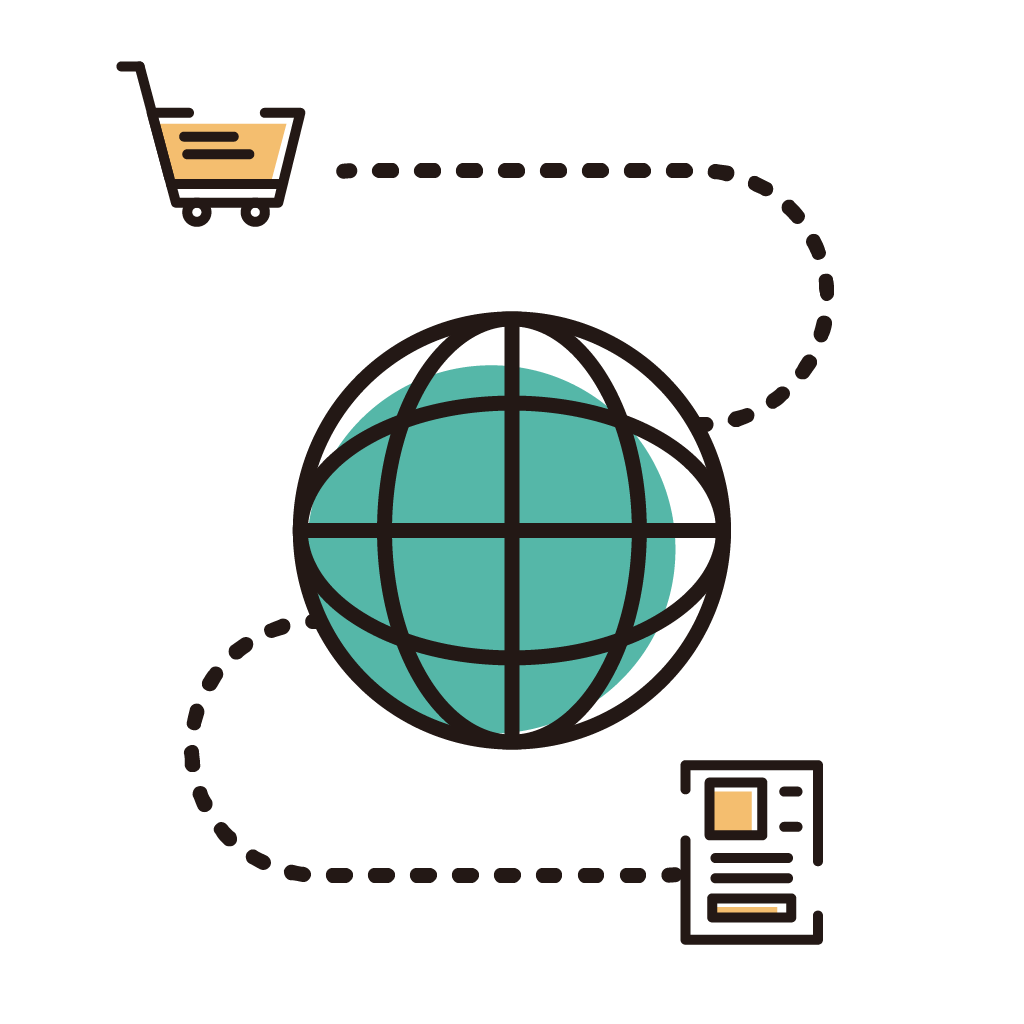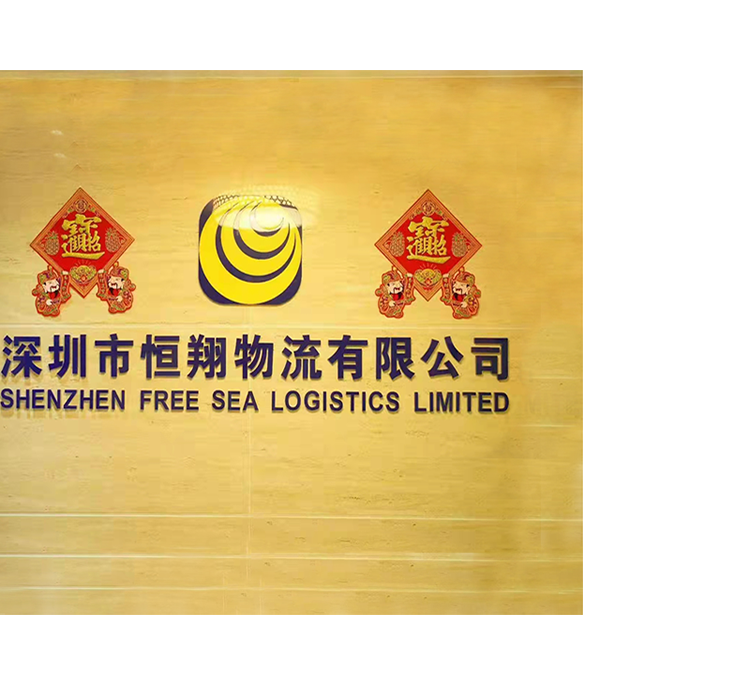International logistics is an indispensable part of the modern global economy, and finding a suitable freight forwarder has become a challenge that many foreign trade companies and cross-border e-commerce individual sellers must face.

In today's competitive cross-border trade industry, do sellers have to find a freight forwarder to ship goods to foreign buyers? Let's discuss this together.
In the field of international logistics, freight forwarding plays an important role. Its existence is necessary for the following reasons:
1. Professional knowledge and experience: Freight forwarders are familiar with international trade rules and relevant laws, and have rich experience in transportation and customs clearance. They can provide customers with professional advice and operational guidance to ensure that the goods are delivered to the destination smoothly.
2. Network and resources: Freight forwarders usually have a wide network and resources, and have established close cooperative relationships with airlines, shipping companies, freight forwarding networks, etc. They are able to provide customers with a variety of options and obtain more favorable prices and services.
3. Efficiency and time saving: Freight forwarders can handle various procedures and documents on behalf of customers, such as shipping documents, customs declarations, etc. They are familiar with the operating procedures and can handle matters efficiently, helping customers save time and energy.
4. Risk management: There are various risks in international logistics, such as loss, damage, delays, etc. of goods. Freight forwarders can provide customers with insurance and claims services to help reduce potential risks and losses.
Although freight forwarders play an irreplaceable role in international logistics, in recent years, with the development of technology and changes in market demand, some emerging shipping options have begun to emerge, providing more possibilities for international logistics.
Self-service international logistics platforms are one of them. These platforms use the Internet and logistics technology to provide more flexible and autonomous international logistics solutions for foreign trade companies and cross-border e-commerce individual sellers. The following are some of the characteristics of self-service international logistics platforms:
1. Transparent prices: Self-service platforms usually provide detailed fee structures and real-time quotation systems, so that users can clearly understand the transportation costs and avoid hidden fees and unnecessary additional expenses.
2. Self-selection: Users can choose different modes of transportation, airlines or shipping companies according to their needs and preferences, and freely combine the most suitable solutions for themselves.
3. Simplified operation: Self-service platforms simplify the operation process through online systems and intelligent tools. Users can easily complete booking, customs declaration and other procedures, saving time and energy.
4. Real-time tracking: The platform usually provides real-time cargo tracking functions, so that users can understand the location and status of the goods at any time, and improve transportation visualization and management efficiency.
5. Customer support: Self-service platforms provide online customer service and support to answer users' questions and provide help, ensuring that users receive timely support and guidance throughout the logistics process.
The role of freight forwarders in international logistics cannot be ignored. They have rich experience and resources and can provide professional services. However, with the rise of self-service international logistics platforms, users now also have more choices.
For large enterprises or customers with complex logistics needs, freight forwarders may still be the best choice. They can provide a full range of services and professional support, reduce risks and ensure that goods arrive safely at their destination.
For some small businesses or individual customers, self-service international logistics platforms may be more attractive. These platforms provide the advantages of flexibility, transparency and independent choice, helping users achieve more convenient and economical logistics solutions.
Whether you choose a freight forwarder or a self-service platform, the key is to make a wise choice based on your needs and situation. The international logistics industry is constantly changing and innovating, and we can expect more novel solutions to emerge to provide users with better logistics experience and services.























